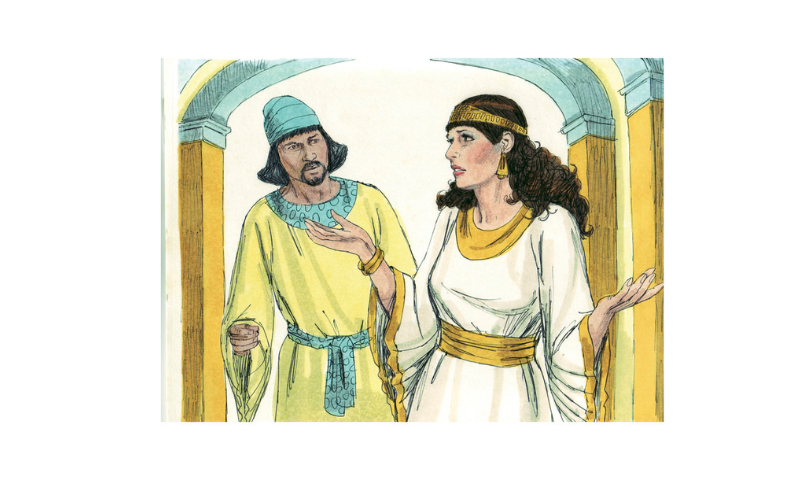Meir Soloveitchik
NY Times, Mar. 8, 2020
“Precisely because of the constancy of Jewish vulnerability, we glorify Esther’s initiative, courage, and wisdom to inculcate these same virtues in our posterity.”
A perplexing paradox lies at the heart of Purim, the holiday celebrated this week by Jews around the world. No day is more associated with Jewish joy; yet rightly understood the scriptural source of our celebration — the biblical book of Esther — proclaims a terrifying teaching.
Let us briefly review the plot. The Persian king Ahasuerus — the character in the Bible most akin to Henry VIII — is overcome by drunken rage and rids himself of his wife. In a contest eerily akin to reality shows today, he conducts a search for a new queen, ultimately choosing a beautiful Jewish woman named Esther, who is advised by her cousin Mordecai not to disclose her religious identity. Haman, the high-ranking minister to Ahasuerus, convinces the king to decree a genocide of the Jews. Urged into action by her cousin, Esther plays on the king’s paranoia, engaging in court intrigue to turn him against Haman, who is hanged on the gallows he had prepared for Mordecai. At Esther’s initiative, and with Ahasuerus’ encouragement, Jews across the empire wage war against Haman’s allies, and Mordecai is given the political position once held by Haman. The central ritual of Purim is the reading of this biblical book aloud in synagogue as a celebration of Jewish salvation and the defeat of anti-Semitism.
Yet as the final words are read, and joyous song erupts in the sanctuary, the careful reader realizes that the security of Persian Jewry, and of Mordecai and Esther, is anything other than assured, and that even the swift nature of Haman’s fall is a reflection of terrifying political instability. In such a society, with such an unbalanced and capricious king, could not another Haman easily arise?
The disquieting conclusion of Esther’s tale was eloquently described by my great-uncle, Rabbi Joseph Soloveitchik. “If a prime minister who just yesterday enjoyed the full confidence and trust of the king was suddenly convicted and executed,” he reflected, “then who is wise and clairvoyant enough to assure us that the same unreasonable, absurd, neurotic change of mood and mind will not repeat itself?” The Purim tale reminds us that a government, and the society it oversees, can turn against its most vulnerable in a matter of moments. This is why, he argued, Esther’s story is no triumphal tale; on the contrary, it is “the book of the vulnerability of man in general and specifically of the vulnerability of the Jew.”… SOURCE


